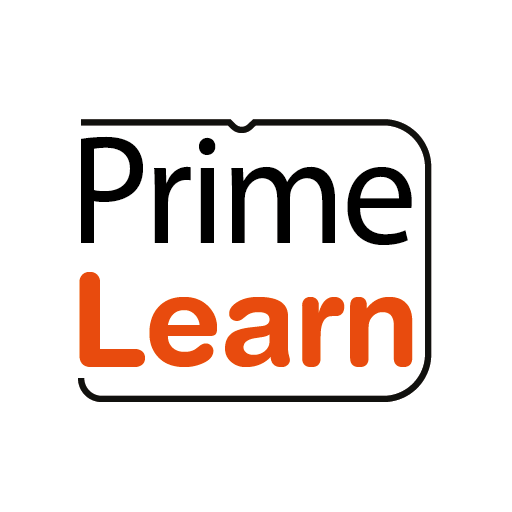The Increasing internal and external pressure for performance in schools, has compelled many teachers and schools to rely on tests (exams) to produce excellent results in the final examination.
However, like a factory needs raw materials from which to make products, so does a learner need to have thorough knowledge and understanding to be able to attain excellence in the Primary Leaving Examination. Unfortunately, many educators today, have shifted their focus from teaching learners to know, understand and apply knowledge to memorization of content knowledge and information so as to pass exams.
It should also be noted that ”You can not increase the weight of the cow by weighing it over and over again and one can not give what one does not have." In a similar way, a student can not reproduce what they haven't learnt and understood. That's why the teachers must first teach the student then they (students) will able to reproduce what they learnt by writing quality and accurate responses to the questions they find in the exam (test) papers. Over relying on testing learners neither increases their understanding of knowledge nor enhances their ability to apply the knowledge they have acquired.
What negative consequences can over-reliance on tests (exams) have in teaching and learning?
Testing is meant to identify learner’s strengths and weaknesses, provide feedback to students, guide their learning, inform teaching (instruction) basing on student needs and provide practice.
However, over reliance on tests can encourage rote memorization rather than deep understanding and application of knowledge potentially neglecting other important competencies such as critical thinking, creativity and practical skills.
Some exam tests can have very simple passable items so as to attract schools and teachers who are focused on presenting very good results to parents despite limited learning impact they might have on the learners. Such tests may not accurately reflect a student's knowledge or abilities.
Other tests are not valid and reliable. They are recycled i.e. they are duplicates of set items (questions) while others are set without well developed blue prints and so depending on such tests in an era when national exams are no longer recycled is just a waste of time and money.
Where do teachers go wrong on tests?
- Teaching to the test: Relying on tests often causes some teachers to start “teaching to the test,” narrowing the curriculum and reducing focus on broader learning goals. Many times such teachers abandon the teaching for learning as guided by the curriculum and structure their instruction based on the items they think are likely to appear or have appeared on the previous major tests (exams).
- This approach does not only leave the learners with knowledge gaps but also unable to rely on themselves and what they learnt in class to answer any questions outside the tests they went through resulting into mediocre performance especially at national examination. This is evident with the very low numbers of learners who exhibited high proficiency levels in the Primary Leaving Examination in 2023 & 2024.
- Subjecting learners to every test that you come across: Some tests are not set by trained examiners and have poorly set items which do not meet the standards of assessment and therefore exposing your learners to such tests is only a waste of time.
Which kind of test or Exam should you subject to your learners?
With the minimal resources available, teachers and schools should invest in tests with maximum impact on students' learning, academic progress and significantly contribute to final grades or academic progression such as;
- Topical Diagnostic Tests used to identify students' strengths and weaknesses at the beginning or end of a topic for instructional planning.
- Remedial Tests that can help teachers adjust the teaching (instruction) basing on student needs.
- Tests that can provide practice or feedback without high-pressure consequences such as mixed tests covering specific areas from various topics and classes.
- High standard special tests (exams) such as the Special Examination and Pre PLE tests organised by legally recognised independent examining bodies such as The Prime Education Consult. These bodies usually have well trained item writers who are well versed with curriculum interpretation and key areas of focus in assessment.
Let's remember that in his statement to the press prior to the release of results for PLE 2024, Mr. Odongo, the Executive Secretary UNEB called upon teachers to stop focusing learners narrowly on examination preparation. He warned teachers to stop the mentality of drilling candidates to pass examinations and instead help learners develop a holistic understanding of subjects.
With such a sterning warning, teachers and schools should be reminded that learners performance in the Primary Leaving Examination will not measured by how much knowledge a learner memorized but how well he/she shows understanding of and ability to apply the knowledge learnt in different life situations depicted through the questions they will find in their final paper.
"Teach First, Then Test To Asses The Teaching and Learning"









0 Comments:
Leave a Comment